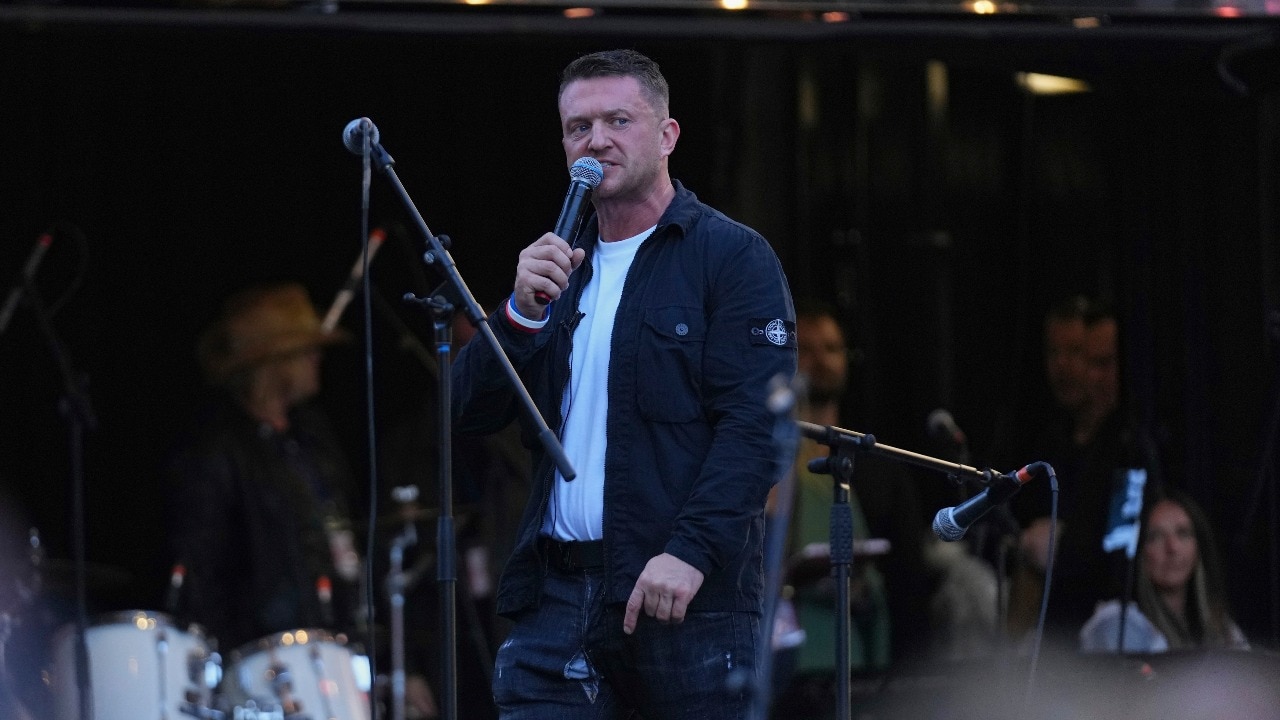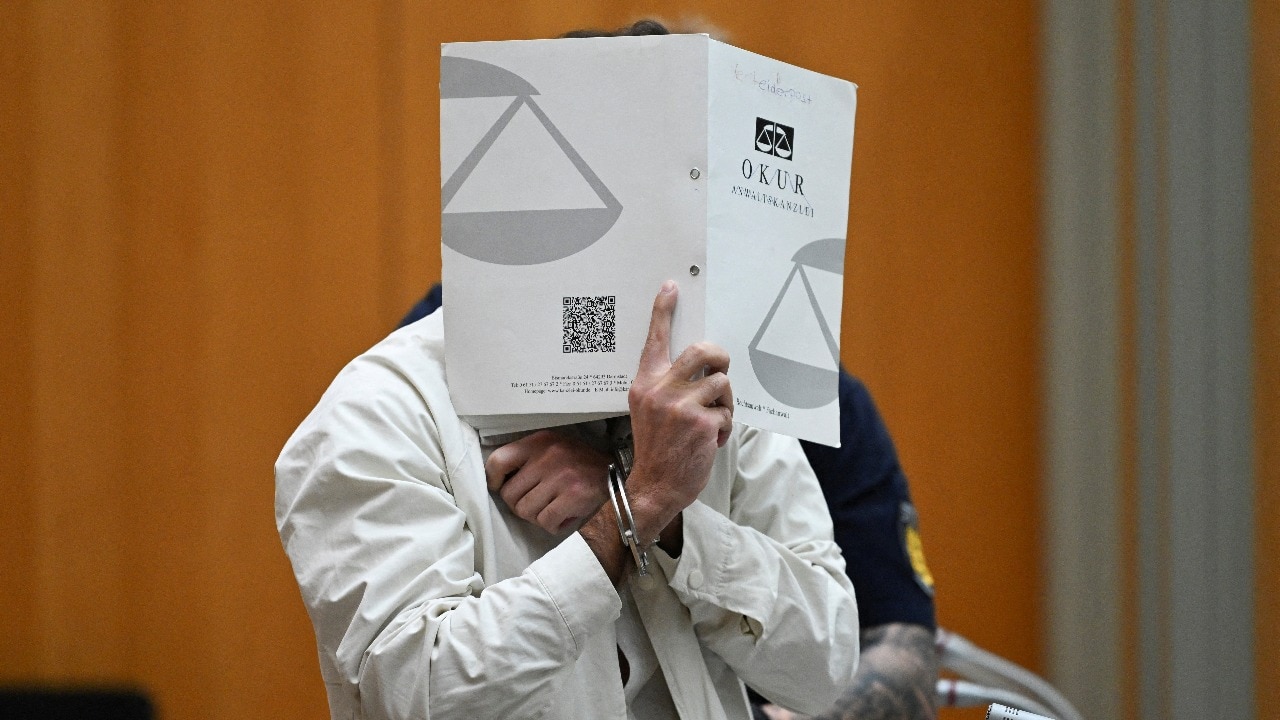Immigration and deprivation are the main factors causing public disenchantment with politicians and the government that has led to social unrest and rioting, Angela Rayner, the deputy prime minister, has warned.
According to an official summary of Tuesday’s meeting of the cabinet, Rayner, who is leading a wider government project on improving social cohesion, also highlighted the increasing amount of people spending time alone and online as a driver of disturbances.
Asked if Rayner specifically saw increased migration as a particular reason for both the riots which took place across England last summer and recent disturbances at hotels which house asylum seekers, Downing Street said it was among “concerns that people have about whether government is acting on their behalf and acting in their interests”.
Ministers are concerned about a potential renewed wave of migration and race-based disturbances, as the anniversary approaches of the murder of three children at a dance class in Southport that led to riots last summer, with many encouraged by false far-right claims about the attack.
Rayner told ministerial colleagues that “economic insecurity, the rapid pace of de-industrialisation, immigration and the impacts on local communities and public services, technological change and the amount of time people were spending alone online, and declining trust in institutions was having a profound impact on society”, according to a No 10 readout of the cabinet meeting on Tuesday morning.
Emphasising the role of deprivation and poverty, Rayner said 17 of the 18 places around England which had the worst trouble last summer were among the country’s most-deprived areas.
“While Britain was a successful multi-ethnic, multi-faith country, the government had to show it had a plan to address people’s concerns and provide opportunities for everyone to flourish,” Rayner added.
Asked about the role of immigration, Keir Starmer’s official spokesperson said “high levels of immigration over the last 10 years, including illegal immigration” was among a series of factors, including the cost of living and the pace of technological change that “have had an impact on our social fabric and social cohesion”.
Questioned about Rayner’s comments on people spending more time online and alone, the spokesperson said adults now averaged four hours of online time a day, “and that has changed the way in which people interact with other people”.
While Rayner’s project on social cohesion is aimed at the longer term, with no date set as to when it will present any conclusions, ministers are very mindful of the more immediate worry of a repeat of last summer’s disorder, after which there were more than 1,800 arrests and nearly 1,100 charges, with hundreds of people jailed.
One potential flashpoint could be an asylum hotel in Epping, Essex, which has been the target for a series of protests in recent days, and where police were attacked.
The far-right agitator Tommy Robinson has promised on social media to bring “thousands” of people to join a mass protest at the hotel on Sunday. Similar demonstrations have also taken place at a hotel in Diss, Norfolk.
There is an additional political impetus for ministers to take seriously the possibility of wider disorder given the likelihood it would be exploited by Nigel Farage, who used a speech about crime on Monday to say much of the UK was experiencing “nothing short of societal collapse”.
He told an event: “I don’t think anybody in London can understand just how close we are to civil disobedience on a vast scale in this country.”

 1 month ago
1 month ago


















